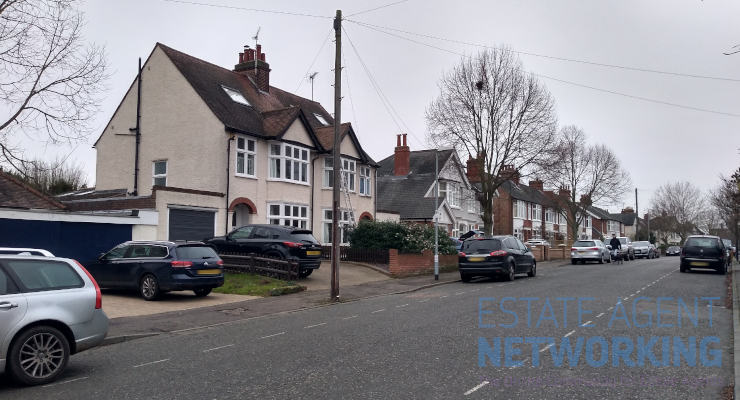Common Problems House Buyers Should Look Out For
Buying a new home – whether it’s your first, or your fourth – is an exciting life event. However, it can also be fraught with difficulty, particularly if you are not scrupulous about vetting your potential new property. No matter how old they are or in what state of repair, houses can come with a wide range of issues, some of which may be harder to spot than others.
Fortunately, with the right knowledge and assistance, it is possible to weed out the damaged properties from the sound ones. With that aim in mind, and to help you avoid some potentially disastrous pitfalls, here are some of the most common problems that buyers should be on the lookout for when checking out potential homes.
Structural Damage
Structural problems are arguably the most important warning signs to look out for, as not only can the compromised integrity lead to hefty repair bills, but the home may even be unsafe to live in. If you do have any concerns about a property that you’re interested in buying, it may be a good idea to have a building survey carried out. Is this your first time buying a house? Then you may be wondering, “But what is a building survey, and do I need one?”
To answer your queries, a building survey is a detailed analysis of a particular property, which covers everything from when and how it was built, to inspecting the roof and walls and checking for subsidence and water drainage issues. If you want to be sure that the house you want to buy is safe, secure, and has no serious problems, then a building survey can give you all the answers you need.
Electrical Issues
Before committing to buying a new home, you should make sure that the wiring is in good working order, with no loose or naked wires or any other faults that could cause problems or pose a safety risk. If you have a building survey conducted, this should flag up any potential issues with the wiring. If any problems are discovered, then it’s important that you call out an experienced electrician to carry out tests and rectify any problems before you sign any paperwork. You should also be sure to ask the vendor for any certificates they have that detail when the central heating was last tested.
Poor Ventilation
Good ventilation is crucial for a healthy home and a healthy family. In fact, a poorly ventilated property can contribute to a number of mental and physical health issues, including sick building syndrome and respiratory disorders caused by related problems, such as a build-up of black mould. To prevent these kinds of worrying health issues, check that your potential new home has effective ventilation. To determine this, there are several things to look out for.
For one thing, the quality of the air inside the home should be fresh and clean, with no underlying odours. For another thing, when inspecting the windows, you shouldn’t find much condensation, or any signs of mildew or mould accumulating around the window frames. You should also make sure that every room has at least one window, including the toilets and bathrooms, as this is vital for fresh air circulation.
Problematic Plumbing
Dodgy plumbing is another common problem to look out for, particularly if you’re buying an older property with aged and possibly rusted pipes. When viewing a potential home, make sure all of the faucets work correctly and that the toilets flush and the bath or shower runs without any issues. Faulty plumbing can be inconvenient at best and very costly at worst, so it’s important to make sure there are no major issues with your new home.
Infestation
Finally, another common issue that you should be on your guard against is an infestation of some type of pest, whether it’s rats, fleas, or termites. The presence of pests can not only pose a variety of health risks, depending on the type of animal but can also result in damage to the property over time. As a result, if you think your potential new home has an infestation, it’s important to get it thoroughly checked out. There are a number of common signs to look out for that can reveal that a house is prey to some type of pest – from droppings and odours to footprints and even signs of nesting.
Of course, just because you see these signs, doesn’t mean you should abandon the idea of purchasing a particular home, as infestations are always treatable. However, you may want to consider the scale of the infestation and whether or not any significant damage has been done to the home, which may need rectifying before you move in.
Final Thoughts
Purchasing a home is a huge commitment, so it helps to know what signs to look out for, to help ensure that you are not buying a property that will be problematic or even unhealthy to live in. Taking some time to get a home thoroughly checked out for any major issues can save you significant time and money and will help to ensure that you pick the right place for you and your family.









